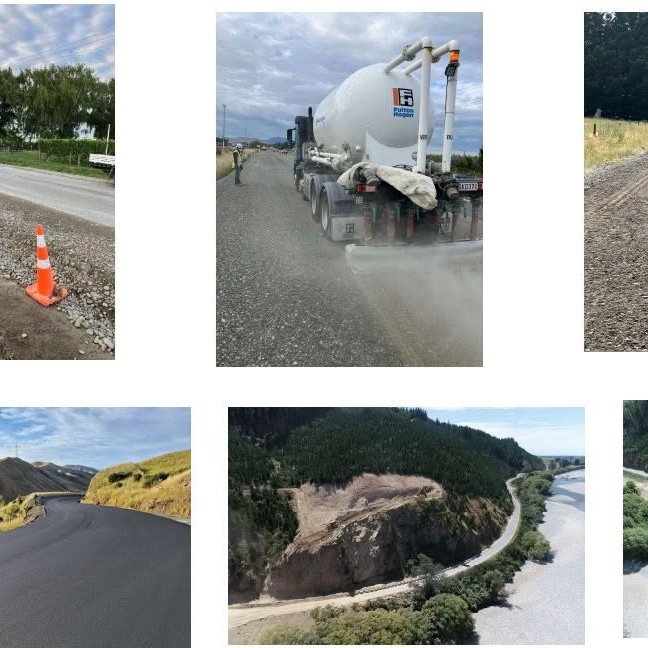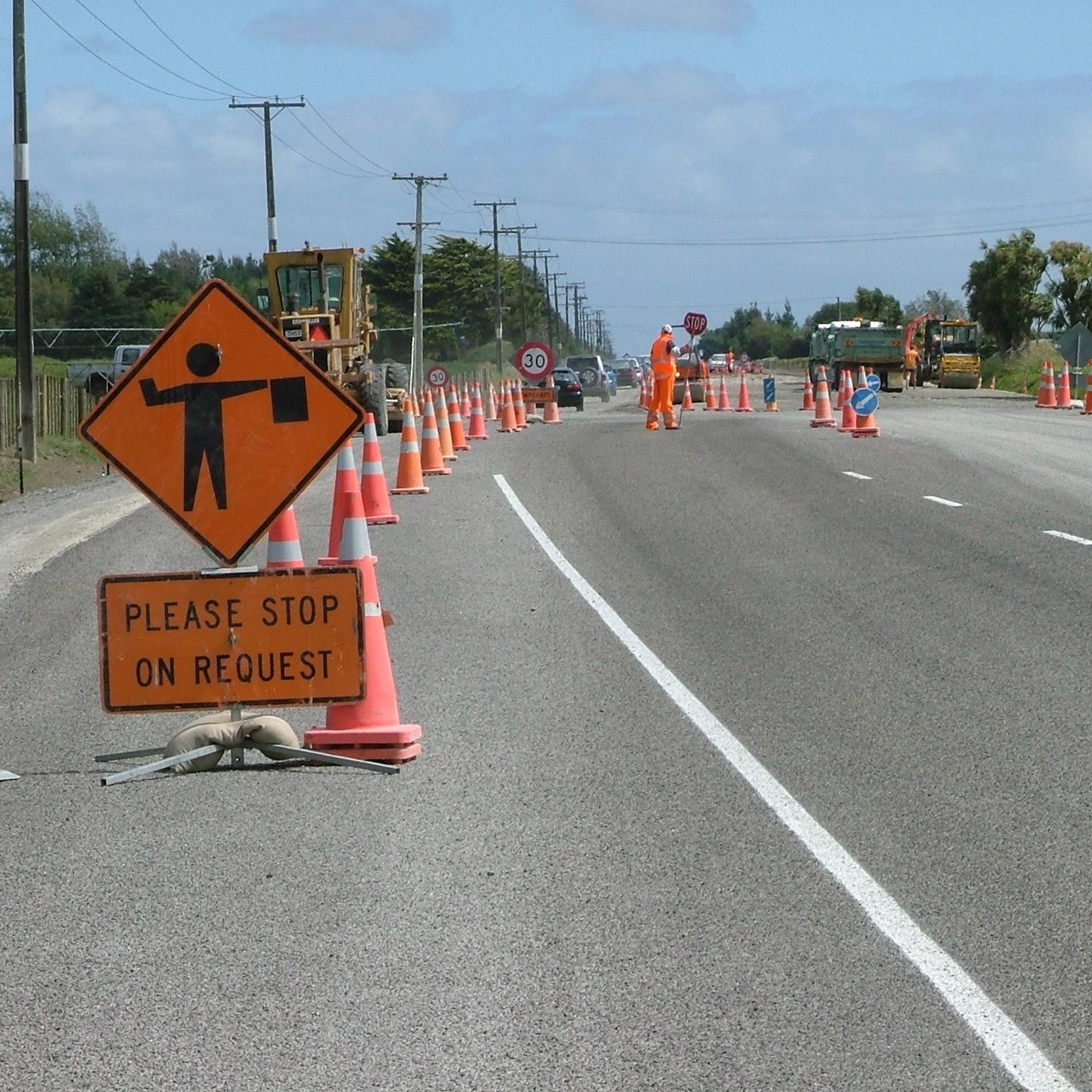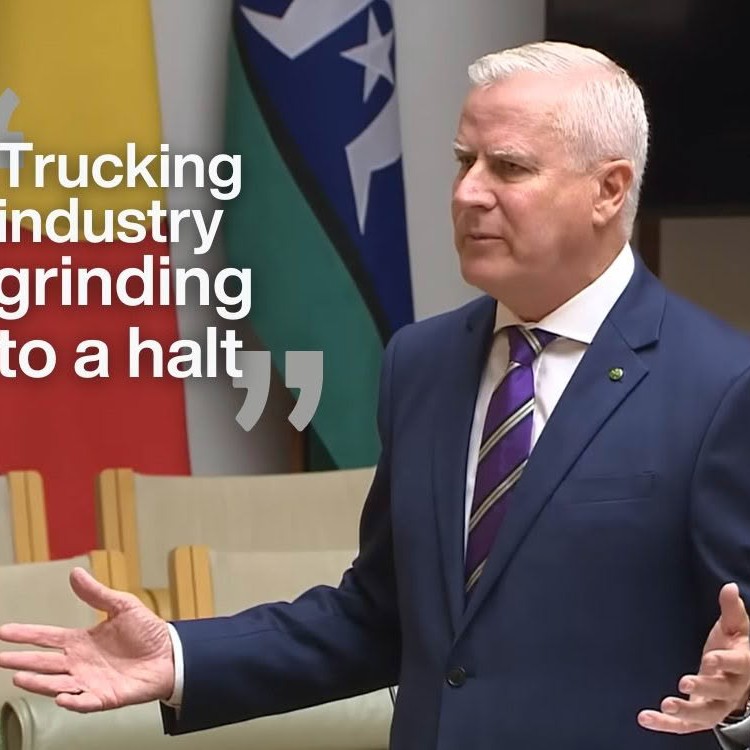
Inconsistent approach to managing risk remains a challenge
Media interest this week demonstrates what a challenging and weird environment we live in now.
We had good news with the Minister of Transport announcing that the cost of managing traffic on state highway maintenance projects has fallen from 15.8 per cent to 8.8 per cent. From what the previous Transport Minister, Simeon Brown, said in November last year there was about a quarter of a billion dollars being spent annually in that area, so it appears that nearly half of that spend is being saved each year.
Furthermore, bearing in mind that state highways are only about 10 percent of our roading network, there’s potential for significant savings if contractors carrying out local authority projects could similarly cut costs. If that happens, that’s a sizeable sum that can hopefully deliver better return on investment.
This was achieved largely through NZTA moving away from relying on a Code of Practice and shifting to a more pragmatic risk-based approach. The former code was very prescriptive in telling people what they couldn’t do and if they could do it, then exactly how that was to be done. This change is something we supported.
On the other hand, it was reported that Workplace Relations Minister Brooke van Velden is considering changes to the Health and Safety at Work (General Risk and Workplace Management) Regulations 2016 to spell out what light chores kids can do, such as egg collecting, feeding small animals and watering plants. Time will tell what happens in this space but the inconsistent approach to managing risk remains a challenge and it’s no wonder why transport operators end up confused about what’s expected of them.
Some wins in the wings
Last month we raised concerns with NZTA’s proposed changes to the Heavy Vehicle Brake Rule via its proposed Land Transport Rule: Regulatory Systems Rule Amendment (RSRA) 2025 consultation. These changes were supposed to be of minor or almost insignificant nature, however from our reading that was far from the case. Without our intervention, there would have been significant unintended consequences on the industry. To its credit NZTA has listened and is reconsidering the proposed changes.
Early in July we also raised concern publicly that the Ministry of Transport’s decision not to proceed with a new iteration of the National Freight Demand Study would hinder growth, productivity, and leave policymakers guessing when it comes to investing in road, rail and coastal shipping. In a brief discussion with the Ministry this week it was good to hear it is reconsidering its options.
Submissions this week
Transporting New Zealand has submitted to NZTA on its proposed changes to the northbound one-way system associated with the new Dunedin Hospital building. These changes will affect northbound traffic leaving the Dunedin Port district from St Andrew Street and also permitted vehicles. I’m grateful to our Dunedin members for their expert local knowledge and recommendations. NZTA have come back asking if it can summarise our submission and present it to Council.
We also submitted to the Ministry for the Environment on the proposed new National Policy Statement for Infrastructure which aims to send a clear message that infrastructure is critical to our prosperity, and to prioritise existing and new infrastructure in resource consent processes. We’ve recommended that the outcomes should include a specific reference to the efficient operation on the supply chain.
Electricity transmission is also included in this work, and we’ve pointed out that additional requirements or obstacles to the provision of heavy vehicle charging facilities will be a barrier to the update of low and zero-emission battery electric trucks.
Lastly, we submitted to the Education and Workforce Committee on the Immigration (Fiscal Sustainability and System Integrity) Amendment Bill. We’ve pointed out that we support the provisions aimed at protecting migrants and refugees from exploitation, and that we also support ensuring migrants convicted of specified offences are liable for deportation.
However, we are concerned that the proposals to expand the range of people or entities that can be charged the immigration levy will impose an unfair financial burden on businesses who already contribute via the existing fees regime, and those unnecessary additional costs in road transport will be passed down to end-consumers.
Operational issues
We discussed with NZTA an anomaly in its HPMV permits that is unnecessarily reducing the productivity of trucks and trailers by constraining the weight over some internal axle spacing dimensions. We hope they can remedy this fairly quickly.
We also had a call with the Commerce Commission to discuss port pricing.
And lastly, we launched a set of resources raising awareness about the “Chain of Responsibility” provisions in the Land Transport Act, which can result in serious fines for those who influence truck drivers to breach transport rules.
This is the beginning of a programme of work in this area because I know from personal experience that other parts of the supply chain can be completely oblivious to this risk.
When I started in the fuel industry, some members of our scheduling team would think nothing of calling tanker drivers directly and pressuring them to get the delivery completed. A large part of a schedulers’ KPIs was not running sites dry and therefore, naturally, they would urge drivers to do whatever it took to get the delivery done. The driver wouldn’t want to let their customer down so these pressures can easily build up without the consequences and risks being fully thought through.





